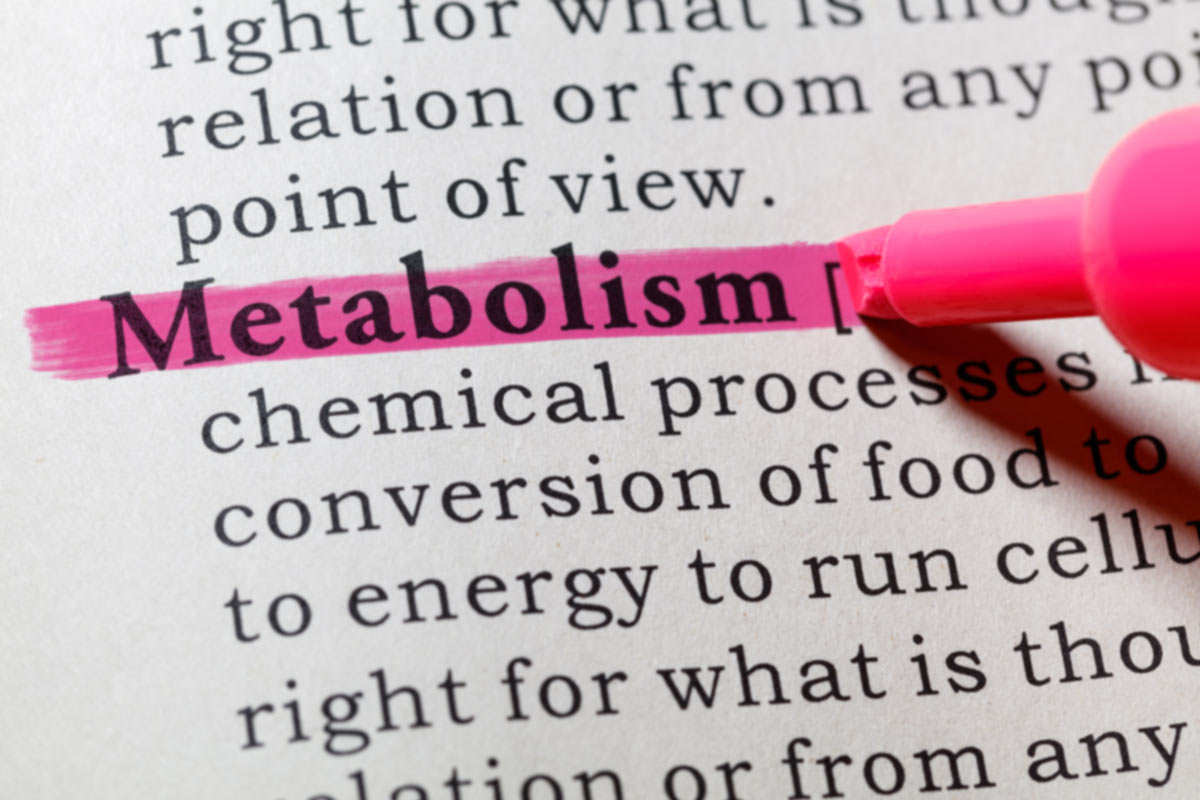Your metabolism is the process in which your body converts whatever you eat or drink into energy. While this biochemical process occurs, the calories in the food and drink you consume are combined with oxygen. As a result, you begin to release the energy your body needs to function.
There are a few common misunderstandings about our metabolism, such as the belief that it is a singular part of our body that is easy to manipulate. However, this is not the case. Your metabolism is much more complicated. It is a series of chemical processes. Let’s discuss four things you should know about your metabolism.
You can’t speed up your metabolism to lose weight
To put this simply, the part of your metabolism that’s purpose is to burn calories is called your basal metabolic rate (BMR.) There is little that you can do to speed up your BMR significantly. To lose weight, you’ll need to consume fewer calories than you ingest throughout the day. This can be done through a combination of diet and exercise. Basal metabolic rate processes are very much out of your control.
There’s also misconception regarding how eating or drinking certain things can boost your BMR to maximize weight loss. Everything from chili peppers to green tea, ginger, and coffee. Even if certain foods possess the qualities to affect your BMR, it’s not going to be enough to make a noticeable difference in your weight or appearance.
Genetics can play a role in your BMR
Your metabolism is just as unique as your fingerprint. Having a higher basal metabolic rate than others has a lot to do with diet, physical activity, and other factors, including genetics. Since genetics play a role in your BMR, it makes it difficult for someone to alter and speed up their metabolism with things like supplements or certain types of food and drink.
Certain genetic health issues also make a difference in your BMR. Such as hypothyroidism, which can result in a decrease in your metabolism, while hyperthyroidism can cause an increase in your metabolism.
A slower metabolism doesn’t mean it will be impossible to lose weight and keep it off
Your metabolism doesn’t necessarily ruin your chances of losing weight and keeping it off. Weight loss takes determination, accountability, and lifestyle changes. If you can stay on top of all of these factors, you will be able to shed pounds, regardless of whether or not you have a slower metabolism.
Regular exercise makes it much easier to meet your fitness goals and maintain the amount of weight you’ve already lost. It doesn’t have to be intense, constant activity, but simply making sure you are staying active or at least walking frequently will help you notice results and hold on to them.
Weighing yourself at least once a week can also help you keep you on track and help you hit your goals. An unhealthy obsession with weigh-ins is not a road anyone should be going down, and that’s not the point. However, if you are trying to lose a certain amount, you should be mindful about your current weight, how much you’ve lost, how long it’s been, etc., to help keep yourself motivated and determined.
Restricting your calories is also important when it comes to weight-loss, and can prove to help maximize the amount you lose and how long you keep it off. This doesn’t mean depriving yourself of everything. Rather, training yourself to cut-down your portion sizes and opting for healthier foods instead of ones that are high in fat.
Dieting can slow down your metabolism
While it’s very difficult to speed up your metabolism, some things are known to slow it down. One of them being partaking in crash diets or extreme weight loss programs. When you decide to go on extreme low-calorie diets, your brain responds by slowing down your metabolism to conserve your energy, which keeps the body functioning on the lower amount of calories.
The severity of this slowdown depends greatly on how what extremes you go-to when it comes to cutting calories, the types of food you are eating, and other factors like exercise, physical activity, age, and general health. So while your body is doing what it is supposed to do in these circumstances, it is working against proper weight loss.
Crash diets and extreme weight loss programs are not recommended when you’re looking for long-term results, and the better tactic would be to make some serious changes to your lifestyle. Make it your goal to practise better habits, such as eating healthier, smaller portions, drinking more water, and being more physically active. It’s important to realize that small steps make for a big victory, which is precisely why developing better habits will benefit you in the long run, while doing extreme diets may only prove to be frustrating and offer short-term results.

